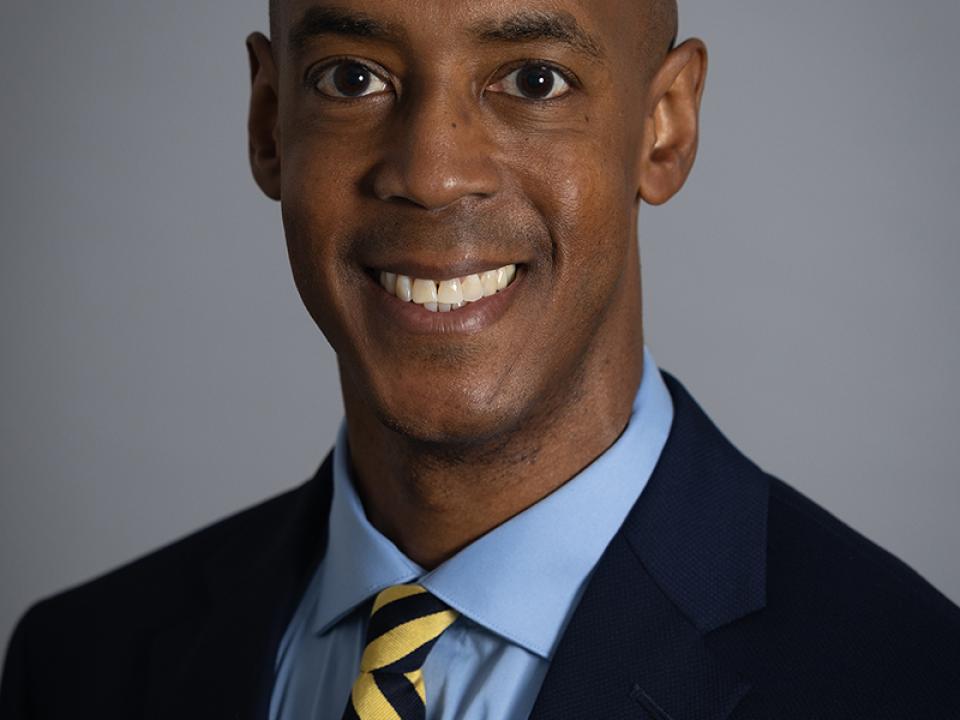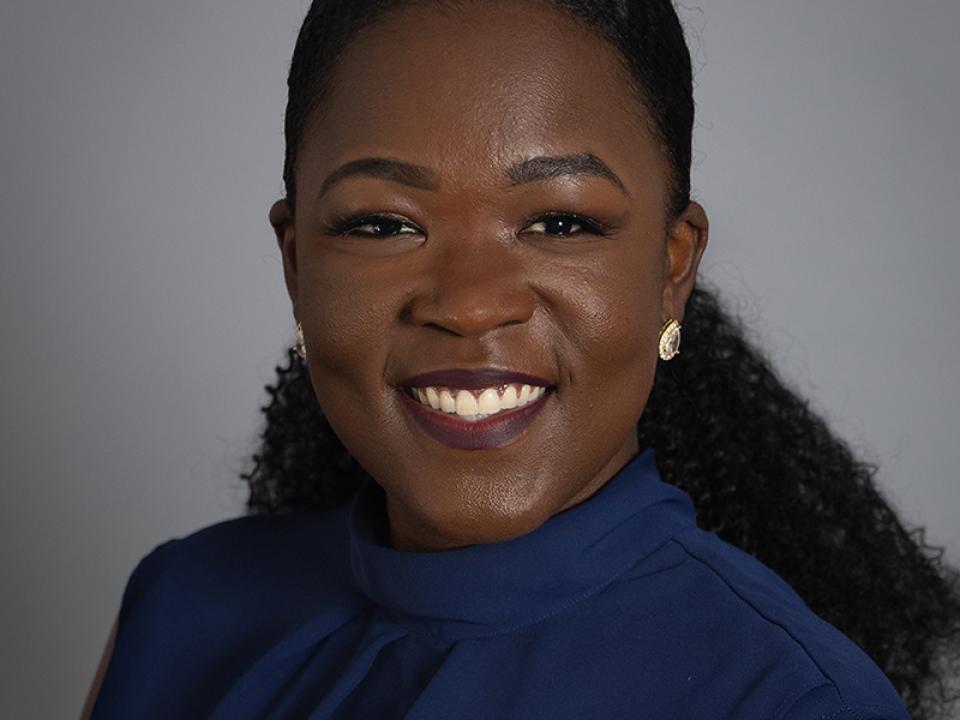The Center for Counseling and Accessibility (CCA) is committed to supporting all university students with a variety of personal, emotional and accommodation needs. Our aim is to promote mental well-being and assist students to achieve a successful learning experience.
Hello, welcome to the Center for Counseling and Accessibility! We are a safe space where students can come to get confidential support from qualified professionals to help you manage your mental health and stay on top of your academic success.
Brief counseling helps students identify solutions and coping strategies related to issues that get in the way of reaching their full potential. Students are able to engage in problem solving solutions, while feeling empowered to overcome personal challenges. Some common concerns addressed in counseling include adjustment difficulties, anxiety, stress, depression, loneliness, academic difficulty, self-esteem and family problems.
Our services are free and confidential, so we encourage you to take advantage of them whenever you need help. To schedule an appointment, please call 410.951.3939.

